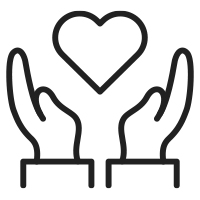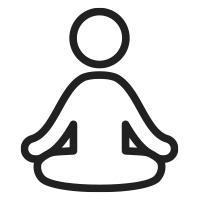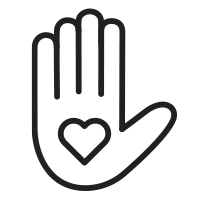About Daria
Daria Leslea, MA, LPN, RYT/CYT
Daria Leslea (MA,LPN, RYT/CYT) is a mindfulness based grief therapist, yoga therapist, former hospice nurse, interfaith/interspiritual minister, and bereaved mother. Loss cracks us open, not to destroy us, but to invite us into something deeper–more human, more holy, more whole. I companion those navigating all forms of loss–not to fix grief, but to honor it as a natural, necessary, and deeply human response to love. I believe that grief work is soul work, sacred work. I help people meet their grief not as a detour from life, but as a doorway. I also believe healing is not about “moving on” but about learning to carry what we’ve lost with tenderness, meaning, and grace.
This is grief work.
This is soul work.
This is the work of becoming.
If you’re grieving, you’re not alone. Let’s walk this path–together.
Daria’s Personal Grief Story
As a bereaved mother Daria knows that talking about one’s grief is helpful but sometimes we also need a way to express what we can’t put into words. She has found that through the combination of telling one’s story and gentle yoga practices it enables grief to be addressed at a much deeper level.
Daria’s Training
Masters in Psychology
Hospice Nurse & Companioning
Certification from CSU
Certification Bereavement Care
Certified Yoga Therapist
Yoga for Grief Certification
Grief & Yoga
Grief affects our whole being. This is why, as a yoga therapist, Daria incorporates yoga when working with grief because yoga is a practice that embraces our whole being. Using the breath and gentle asanas she helps people to reconnect with their bodies so they can learn to trust their bodies once again and see their body as a resource to help them heal from the loss and/or trauma they have experienced.







